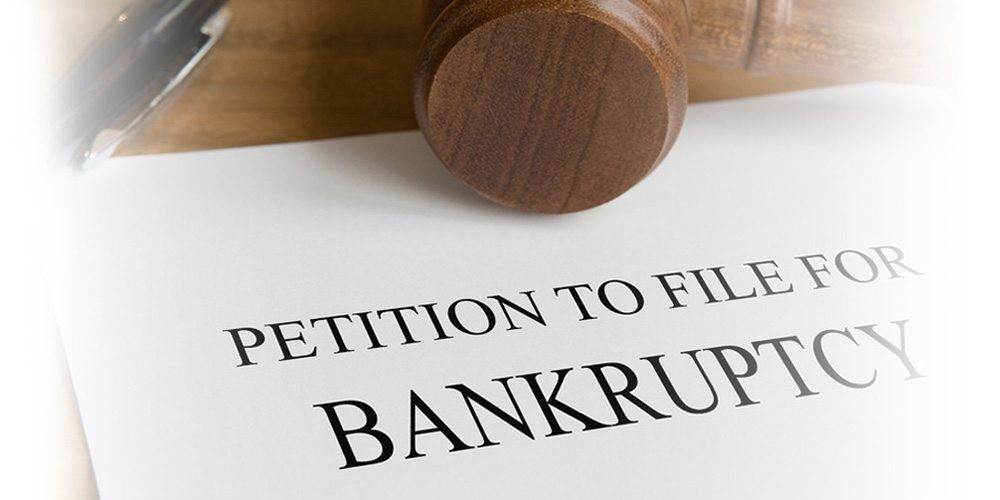The Coronavirus Aid, Relief, and Economic Security Act (CARES) has broad sweeping impact on several areas of law, including debt management and personal bankruptcy. The CARES Act includes several modifications to the Chapter 7 and Chapter 13 provisions of the US Bankruptcy Code.
First, we all know that most Americans will receive one time payments through the CARES Act, payments meant to be an economic stimulus. One thing the CARES Act provides is modification to the definition of ‘current monthly income’. Specifically, the Act excludes;
- Economic stimulus payments from being included as current monthly income in calculating the means test that is used to determine Chapter 7 eligibility; and
- Economic stimulus payments are excluded from current monthly income when determining disposable income, which factors into Chapter 13 monthly payments.
Essentially, economic stimulus income is excluded under the Bankruptcy Code.
Second, the CARES Act permits debtors in a current Chapter 13 to seek modification of their confirmed Chapter 13 plan due to hardships related to the coronavirus. The Act defines impact as a ‘material financial hardship’ in order to modify an existing Chapter 13 plan. What precisely “material financial hardship” means is unclear and will play out in US Bankruptcy Courts. Under the CARES Act, a debtor that meets the ‘material financial hardship’ can extend their Chapter 13 plan to seven years. The Act limits modifications to confirmed plans. In summary, modification can occur if;
- A Chapter 13 plan was already confirmed as the date of the passage of CARES Act, which was March 27, 2020. Therefore, if your plan has not been confirmed yet, or was confirmed after March 27, 2020, this modification would not apply to your case;
- The modification can extend the debtor’s Chapter 13 plan to seven years;
- The seven year modification commences from the due date of the first payment under the original confirmed plan;
- Debtor must experience ‘material financial hardship’ as a direct result of COVID-19.
What is not clear yet due to its novelty is what kinds of modifications debtors will seek, what types of modifications the courts will allow, and what extent consumer loans will be impacted.
What we do know is that if you experienced a job loss or loss of income due to COVID-19 and you meet the other elements listed above, then you can likely meet the material financial hardship criteria due to a reduction or loss of income.
Finally, the CARES Act also provides relief and modifications for business bankruptcies by amending various sections of Chapter 11 of the Bankruptcy Code.
During this pandemic crisis, legal problems do not stop, including financial hardship and potentially filing bankruptcy. Mooney Law remains operational for you. For an absolutely FREE PHONE consultation, call us today at 717-200-HELP or 717-632-4656. In fact, to help those in need, now through the entire month of April, Mooney Law is waiving all consultations fees for all practices of law.


